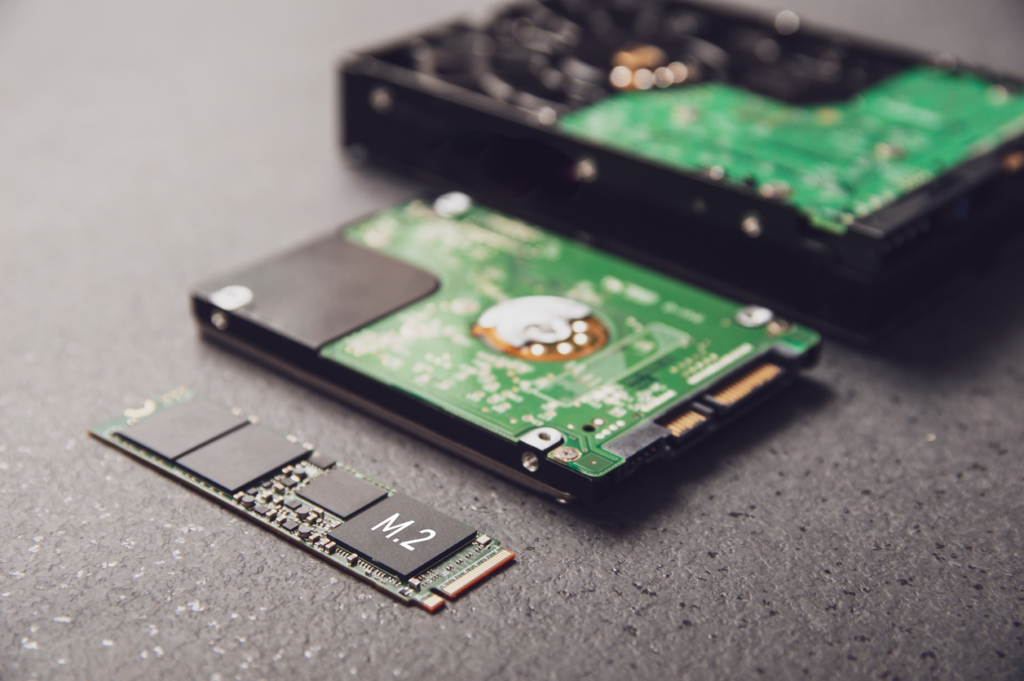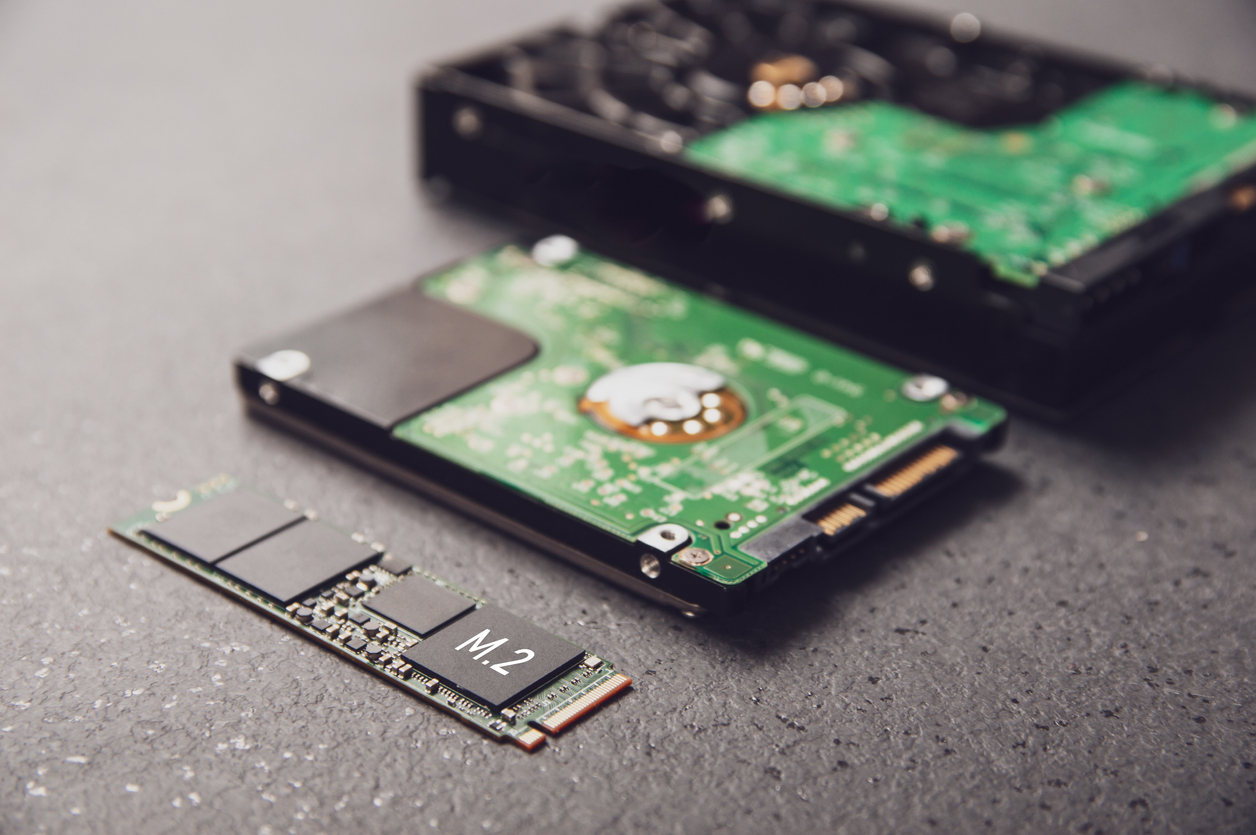HDD versus SSD: How They Work, and When To Use Them
Hard Disk Drive
HDD versus SSD: which would be a good idea for you to place on your PC? While you probably won’t perceive any distinction when saving and moving documents around on PCs that utilize either customary hard drives or SSDs, the two bits of equipment couldn’t be more extraordinary by the way they work. Check out Dell Hard Disks with good quality and the best price that works efficiently at your work.

This overall guide ought to illuminate how they work, and what you should utilize the drives for. Not all stockpiling arrangements are made equivalent for a similar use case.
This is within your customary hard drive, it actually utilizes the very style of electromagnetic tech that makes floppy plates and charge card strips work. A progression of “platters,” or circles covered in an attractive material, are turned fast, while the read/compose arm follows orders to peruse or compose data, giving you everything from projects to records. Perusing and composing occurs by marginally changing the attractive example on the outside of the platter. One attractive extremity corresponds to “1,” and the other to “0,” so the circle can compose and peruse in paired code.
Benefits of HDDs:
- Dependable throughout significant stretches of time (9-11 years whenever treated well)
- The most ideal decision for documenting data and mass stockpiling, as they oppose corruption over the long haul whenever kept in a dry climate with a low temperature.
- They are by and large less expensive than SSDs
- The danger of abrupt, calamitous information misfortune is regularly lower
- Extraordinary arrangement in case you’re centered less around execution and more on dependable capacity.
- Of the two sorts of capacity, they are far simpler to dependably eradicate and reuse, since there are normalized techniques for doing as such (ATA Secure Erase being the most widely recognized).
Disadvantages of HDDs:
- HDDs can be dependent upon mechanical disappointments because of their many moving parts
- More slow reaction times
- Delicate to temperature, and can debase whenever left in encompassing temperatures over 95° F (35° C). They will require time to adapt whenever moved from cold to warm conditions and the other way around.
- Frail to vibration and stun
- Heavier and bulkier
Solid State Drive
SSDs are in a general sense not quite the same as HDDs in essentially every part of how they store information, however, you probably won’t see a distinction as you save, erase, and move records.
Dissimilar to an HDD drive, most SSDs store and recover information by means of utilizing just electronic circuits, without the utilization of any mechanical parts. Regularly, they use “non-unpredictable glimmer memory,” implying that the gadget will hold information regardless of whether you turn off your PC, however, others will have unstable memory like RAM, and use batteries to keep up control and hold their information. Current SSDs generally use NAND non-unstable glimmer memory.
Benefits of SSDs:
- SSDs are far quicker than HDDs, and surprisingly modest models beat customary drives. Windows will boot up quicker, projects will stack sooner, and documents will save all the more rapidly. Less expensive drives will in general have lower compose speeds, while more costly models have more equivalent peruse and compose speeds.
- Extremely generally safe of disappointment because of development, stun, and tainting.
- Will work in more limited temperatures, elevations
- High stockpiling limit
Disadvantages of SSDs:
- Without power, worn SSDs will start to lose information within a couple of years. SSDs are not suggested for documented use.
- More costly than conventional drives.
- Dependability changes altogether from one brand to another, model to show.
- Touchy to blackouts
HDD versus SSD: Why not both?
It is altogether conceivable, and suggested, that you utilize the two kinds of drives in your PC. Present-day motherboards have a lot of choices to mount an m.2 SSD and a few customary drives, for instance. Mixture drives additionally exist, albeit ordinarily these are best utilized in workstations.
Where the SSD will furnish you with close moment admittance to your projects and reports, the HDD will store a lot of information for longer time frames. This places you in the sweet spot of execution and unwavering quality, giving you a machine to keep going for quite a while.

